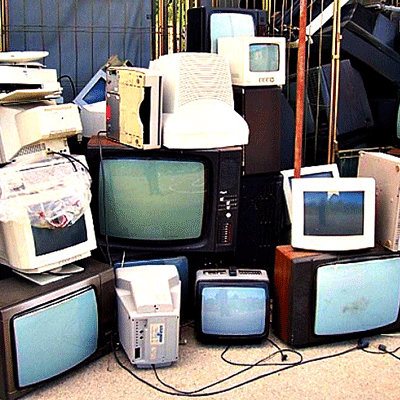 At the end of 2013, the Doe Run primary lead smelting facility in Herculaneum, Missouri ceased operations, closing the doors on the last primary lead smelter in the United States. Since opening in 1892, Doe Run saw the massive rise and fall of a major American industry – lead mining and manufacturing – but in the end they were forced to face the harsh facts. Lead is simply an expensive, messy, unhealthy and environmentally devastating business, and an increasingly unprofitable one.
At the end of 2013, the Doe Run primary lead smelting facility in Herculaneum, Missouri ceased operations, closing the doors on the last primary lead smelter in the United States. Since opening in 1892, Doe Run saw the massive rise and fall of a major American industry – lead mining and manufacturing – but in the end they were forced to face the harsh facts. Lead is simply an expensive, messy, unhealthy and environmentally devastating business, and an increasingly unprofitable one.
The Doe Run closing leaves only a handful of similar lead facilities in North America, which must now absorb the leaded glass processing workload – up to 20,000 tons per year – which the Doe Run plant managed. As the markets for lead continue to shrink, the growing backlog of CRT monitors to be recycled is skyrocketing, leaving the CRT glass market transformed from what was once a major profit center into the major economic and environmental crisis that it is today.
Industry leaders, from recycling firms to major electronics manufacturers, are stepping forward to overcome the towering challenges of efficient CRT disposal.
Economics of a Tough Problem: Solutions Proposed for the CRT Crisis
The sheer volume of leaded CRT glass waiting for reprocessing far outstrips the capacity to safely manage it. By at least one industry estimate, North America’s remaining CRT processing facilities can manage about 128,000 tons of recovered glass annually. The growing backlog however, is contributing an estimated 392,000 tons of CRT glass per year to be recycled.
In the most promising applications, leaded glass is crushed and chemically stabilized to prevent lead toxins from leaching. The resulting stabilized ground glass can then be used as an aggregate in concrete, glass floor tiles, fiberglass insulation, and most importantly, in lead shielding.
This latter use is most prominently valuable in the medical world, where leaded concrete bricks are sold specifically for applications including X-ray and fluoroscopy rooms. The industry is working hard to innovate new uses for leaded CRT glass, as well as cheaper and cleaner ways to safely extract the lead for commercial use. The most recent proposed options include use for alternative daily cover and separation through a plasma method.
Alternative Daily Cover (ADC)
While markets for leaded glass (although costly and limited) still remain, alternative options such as the recent use of CRT glass for alternative daily cover (ADC) are less expensive and becoming more accepted.
ADC is said to “lock the lead within the glass” and can be used on the surface of an active municipal solid waste landfill to control vectors, fires, odors, blowing litter, and scavenging, according to CalRecycle.
Some states – primarily those with Extended Producer Responsibility (EPR) laws – are in the process of determining whether to consider CRT glass being disposed of in this manner, toward the recycling goals set for each manufacturer. Whereas others, including New Jersey and Pennsylvania, have already banned the CRT-to-ADC landfill option from their EPR programs.
Plasma Solution
An Idaho firm is working to introduce a new “plasma” method to operate by summer 2015, which they claim will be the “ultimate solution” to the CRT crisis. The plasma process is used in this circumstance to break everything down to an elemental state and separate the lead from other oxides, resulting in lead-free glass. When this process was investigated in the past, it was determined to be too costly.
A petition supported by more than 200 industry signees, has been created to call for greater enforcement of the federal “CRT rule,” blaming the U.S. Environmental Protection Agency (EPA) for not doing more to solve the CRT crisis. While the EPA was successful at implementing the “CRT rule,” which requires firms to annually recycle 75 percent of their CRT inventory, Transparent Planet – an electronics recycling consultant – and petition signees claim this is not happening.
The problem of CRT glass has not been solved yet. However, progress is being made and as government and industry work together to find homes for this troublesome material, the unique nature of leaded glass may well ultimately offer its own solutions. Until that day comes, safe disposal is still the primary challenge and unfortunately, there is still a lot of CRT glass to dispose of.
